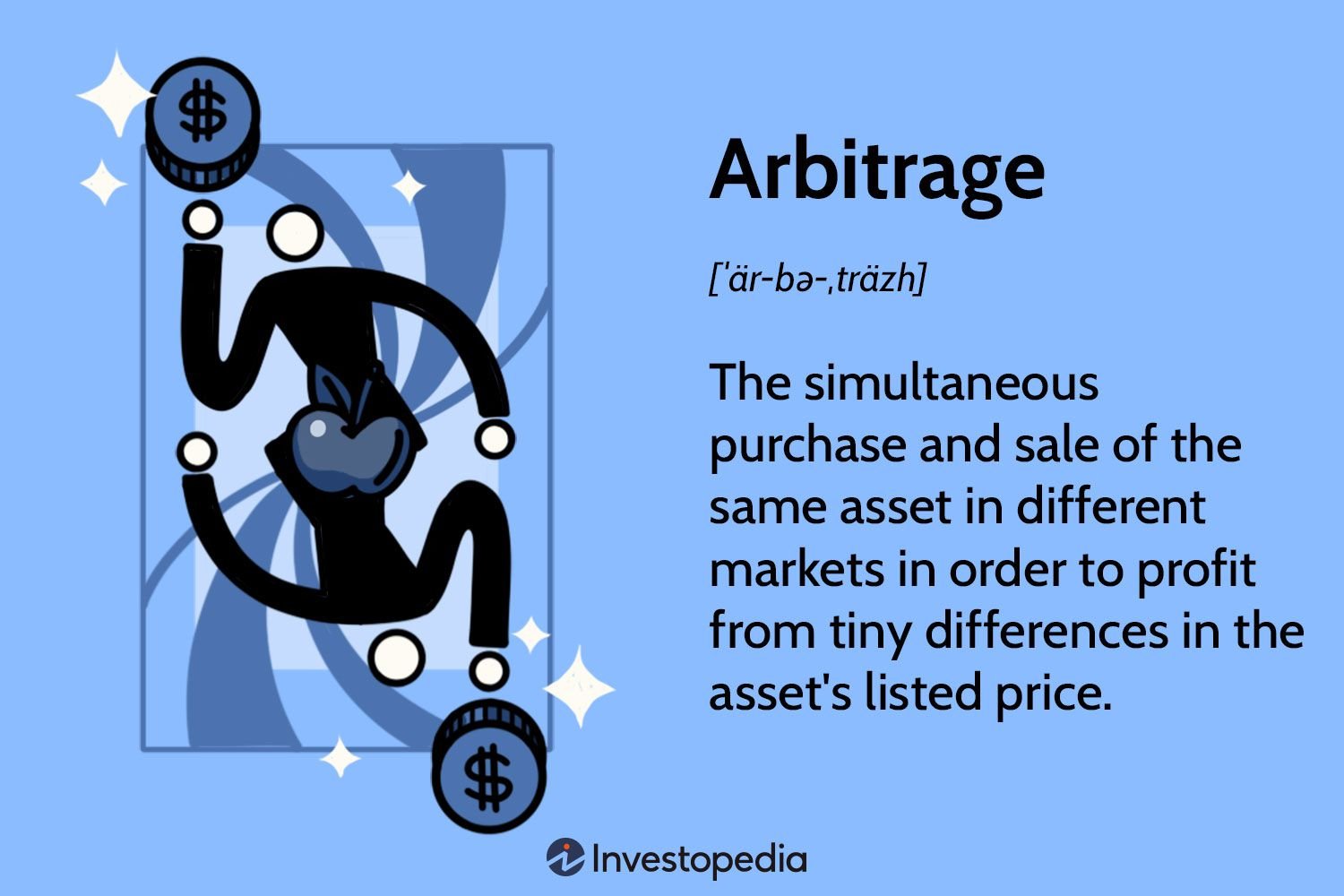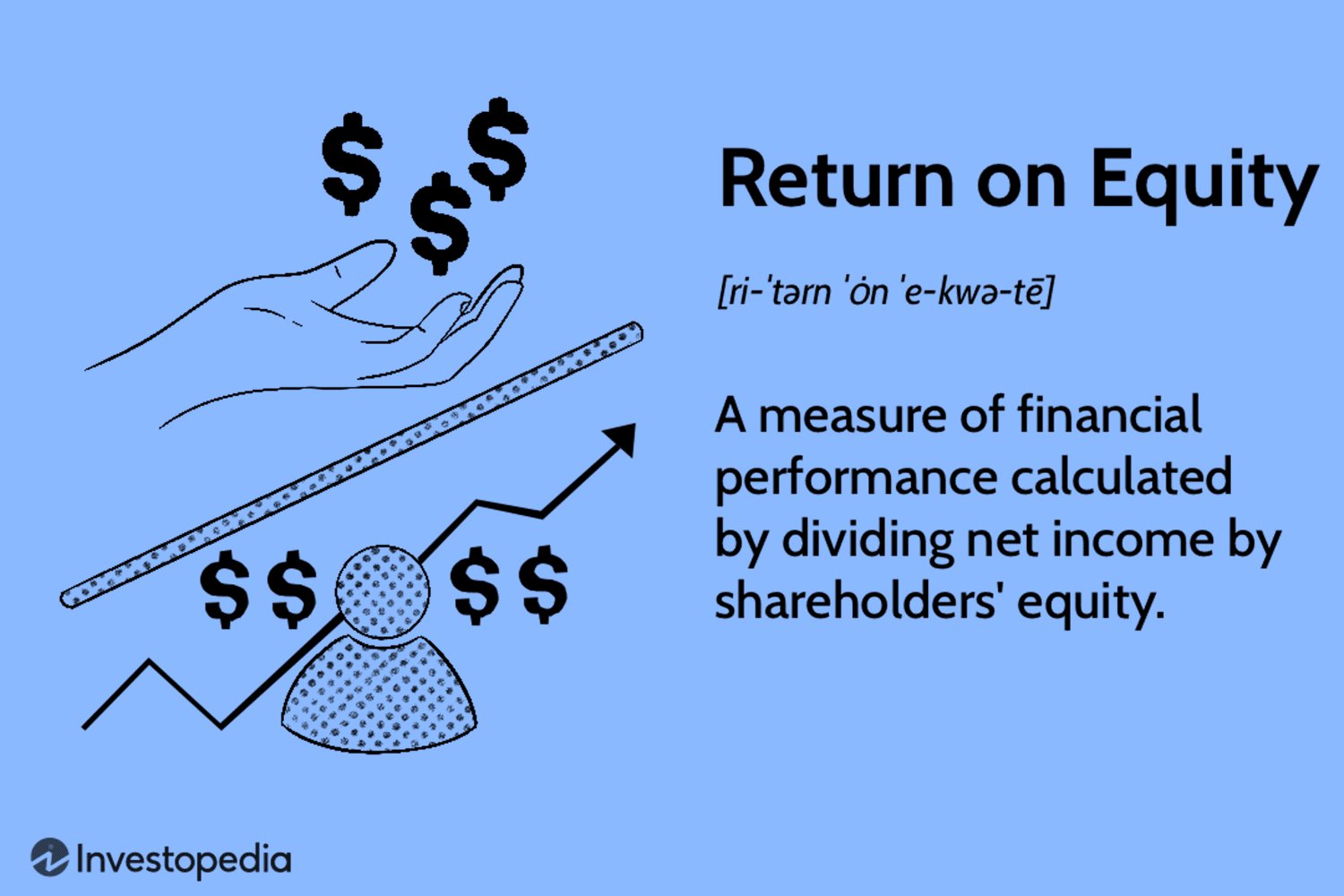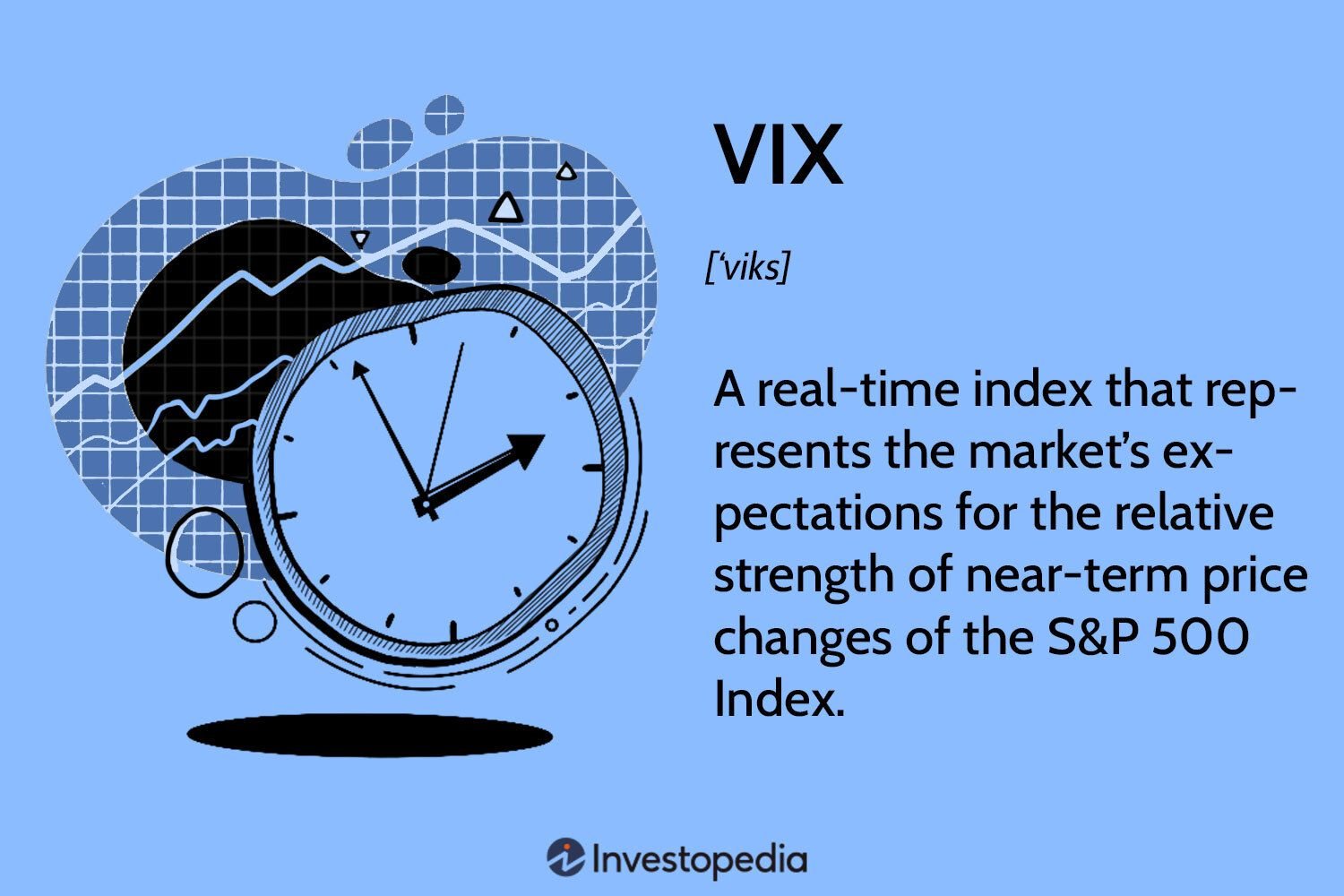Do you want to learn how to avoid common rookie investing errors? Wondering how to navigate the world of investments without stumbling along the way? Look no further! In this article, we will provide you with practical tips and insights on how to sidestep the most common mistakes made by beginner investors. Whether you’re new to investing or have dabbled in it before, understanding these pitfalls and knowing how to avoid them will give you a solid foundation for successful investing. So, let’s dive in and discover how to avoid common rookie investing errors!
How to Avoid Common Rookie Investing Errors
Investing can be an exciting and potentially lucrative venture, but it also comes with its fair share of risks. For rookie investors, in particular, navigating the world of investments can be overwhelming and filled with potential pitfalls. However, with the right knowledge and strategies, you can minimize the chances of making common rookie investing errors. In this article, we will explore some of these errors and provide actionable tips on how to avoid them.
1. Lack of Research and Knowledge
One of the biggest mistakes rookie investors make is diving into the market without sufficient research and understanding. Being uninformed about the basics of investing, different asset classes, and market trends can lead to poor investment decisions. To avoid this error, follow these steps:
- Start by educating yourself about the fundamentals of investing. Read books, attend seminars, or take online courses to gain a solid foundation of knowledge.
- Stay updated on financial news and market trends. Subscribe to reputable financial publications or follow credible investment websites.
- Conduct thorough research on companies or assets before investing. Understand their financial health, competitive landscape, and future prospects.
- Consider seeking advice from experienced investors or financial advisors. Their expertise can provide valuable insights and help you make informed decisions.
2. Lack of Diversification
Putting all your eggs in one basket is a recipe for disaster in investing. Relying heavily on a single investment or asset class exposes you to significant risks. By diversifying your portfolio, you can spread out risk and potentially increase returns. Here’s how you can avoid this rookie mistake:
- Invest in different asset classes, such as stocks, bonds, real estate, and commodities. Each asset class has its own risk profile and behaves differently under varying market conditions.
- Within each asset class, diversify further by investing in different sectors or industries. This helps minimize the impact of any single company or sector-specific event.
- Consider investing in index funds or exchange-traded funds (ETFs) that provide exposure to a broad range of assets. These diversified funds can be a simple and cost-effective way to achieve diversification.
- Regularly review and rebalance your portfolio to maintain an appropriate allocation. Market conditions and your risk tolerance may change over time, requiring adjustments to your investments.
3. Emotional Decision-Making
Emotions can cloud rational judgment, especially when it comes to investing. Making impulsive decisions based on fear, greed, or panic is a common mistake that can lead to significant losses. To avoid falling into this trap, consider the following:
- Develop a long-term investment plan and stick to it. Define your financial goals, risk tolerance, and investment horizon. Having a plan in place helps you avoid knee-jerk reactions to short-term market fluctuations.
- Avoid constantly monitoring the market or obsessing over daily price movements. Focus on the underlying fundamentals of your investments instead.
- Don’t let fear or greed dictate your investment decisions. Maintain a disciplined approach based on research and analysis.
- Consider automating your investments through systematic investment plans (SIPs) or dollar-cost averaging. This strategy helps remove emotions from the equation by investing fixed amounts at regular intervals.
4. Neglecting Risk Management
Underestimating or ignoring the risks associated with investing is a rookie error that can have severe consequences. It is important to evaluate and manage risk effectively. Here’s how you can do that:
- Assess your risk tolerance before investing. Understand how much volatility you can handle and align your investments accordingly.
- Set realistic return expectations. High returns usually come with high risks. Be wary of investment opportunities promising extraordinary returns with minimal risk.
- Consider using stop-loss orders or setting price targets to limit potential losses. These tools can help protect your capital in case of adverse market movements.
- Regularly review your portfolio’s performance and make adjustments if necessary. Don’t hesitate to cut your losses if investments consistently underperform.
5. Overlooking Costs and Fees
Investing involves expenses, and overlooking or underestimating these costs can eat into your returns. To avoid this mistake and optimize your investment returns, keep the following in mind:
- Research and compare investment platforms, brokers, and funds to find the most cost-effective options. Look for low fees and commissions.
- Be aware of hidden fees, such as redemption fees, account maintenance fees, or transaction charges. Read all documents and disclosures carefully before investing.
- Avoid frequent trading or excessive portfolio turnover. Each transaction incurs costs and can erode your returns over time.
- Consider tax implications when making investment decisions. High turnover or short-term capital gains can result in higher tax liabilities.
6. Lack of Patience and Discipline
Investing is a long-term endeavor that requires patience and discipline. One of the common rookie mistakes is seeking quick gains or getting discouraged during market downturns. To avoid this, follow these tips:
- Adopt a long-term investment mindset. Understand that investing is a marathon, not a sprint.
- Avoid frequent trading or trying to time the market. Instead, focus on your investment goals and stick to your plan.
- Don’t panic during market downturns. Stay focused on the long-term prospects of your investments.
- Regularly review and adjust your investment plan based on your changing financial goals, rather than short-term market fluctuations.
Investing is a continuous learning process, and even experienced investors make mistakes. However, by avoiding these common rookie errors, you can set yourself up for a more successful investing journey. Remember to stay informed, diversify your portfolio, manage risk, and remain disciplined. Happy investing!
Avoid these three rookie mistakes in real estate investing
Frequently Asked Questions
Frequently Asked Questions (FAQs)
1. What are some common rookie investing errors to avoid?
Investing beginners often make mistakes that can hinder their progress. Some common errors to steer clear of include failing to conduct thorough research before investing, letting emotions drive investment decisions, not diversifying the portfolio, and trading too frequently.
2. How can I conduct thorough research before making investment decisions?
To avoid rookie investing errors, it’s crucial to do your homework. Start by understanding the basics of the investment you’re considering, such as its risk level, potential returns, and market trends. Analyze the company’s financial statements, read analyst reports, and stay updated on relevant news and industry trends.
3. Why is it important to avoid letting emotions drive investment decisions?
Emotions such as fear and greed can cloud judgment and lead to impulsive decisions. When investing, it’s essential to stay rational and focused on long-term goals. Avoid making investment decisions based on short-term market fluctuations or succumbing to fear or excitement.
4. How can I diversify my investment portfolio effectively?
Diversification is key to managing risk. Allocate your investments across different asset classes, such as stocks, bonds, and real estate, as well as different industries and geographical regions. By spreading your investments, you can reduce the impact of any single investment’s performance on your overall portfolio.
5. Is it advisable to trade frequently?
Frequent trading, also known as “churning,” can lead to excessive transaction costs and potentially erode your investment returns. Instead of constantly buying and selling, focus on long-term investing strategies and be patient. Regularly review and rebalance your portfolio as needed, but avoid unnecessary trading.
6. How can I minimize risks while investing?
While investing always carries some degree of risk, there are steps you can take to minimize it. One way is to diversify your portfolio, as mentioned earlier. Additionally, consider investing in low-cost index funds or exchange-traded funds (ETFs) to gain exposure to a broad market. It is also wise to set realistic expectations and follow a disciplined investment approach.
7. What type of investment mistakes should I watch out for as a beginner?
As a rookie investor, beware of falling for “get rich quick” schemes, investing based on rumors or hot tips, or putting all your eggs in one basket. Avoid excessive borrowing to invest and be wary of investments promising unusually high returns without proper documentation or regulatory compliance.
8. How can I learn more about investing to avoid rookie errors?
To enhance your investing knowledge, consider reading books written by investment professionals, attending seminars or webinars, and following reputable financial news sources. Joining investment clubs or seeking advice from a certified financial planner can also provide valuable insights and help you avoid rookie mistakes.
Final Thoughts
Avoiding common rookie investing errors is crucial for anyone who wants to achieve success in the stock market. First and foremost, it is essential to conduct thorough research and due diligence before making any investment decisions. By thoroughly understanding the companies or assets you plan to invest in, you can minimize the risk of making uninformed choices. Secondly, it is important to have a clear investment strategy and stick to it, avoiding impulsive decisions based on short-term market fluctuations. Additionally, diversifying your portfolio can help mitigate risk and increase potential returns. Lastly, keeping emotions in check and not letting fear or greed drive your investment decisions is vital. By following these guidelines and continuously educating yourself, you can avoid common rookie investing errors and increase your chances of long-term success in the market. Remember, knowledge is power when it comes to investing. So, take the time to learn, analyze, and implement a well-thought-out investment plan.



